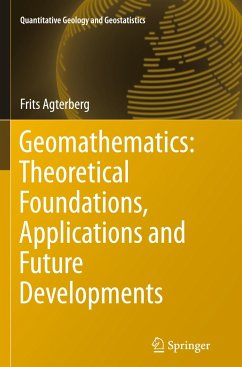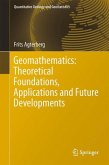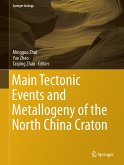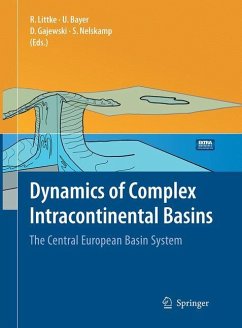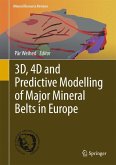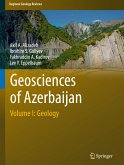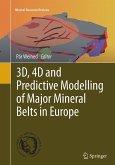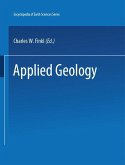This book provides a wealth of geomathematical case history studies performed by the author during his career at the Ministry of Natural Resources Canada, Geological Survey of Canada (NRCan-GSC). Several of the techniques newly developed by the author and colleagues that are described in this book have become widely adopted, not only for further research by geomathematical colleagues, but by government organizations and industry worldwide. These include Weights-of-Evidence modelling, mineral resource estimation technology, trend surface analysis, automatic stratigraphic correlation and nonlinear geochemical exploration methods. The author has developed maximum likelihood methodology and spline-fitting techniques for the construction of the international numerical geologic timescale. He has introduced the application of new theory of fractals and multi fractals in the geostatistical evaluation of regional mineral resources and ore reserves and to study the spatial distribution of metalsin rocks. The book also contains sections deemed important by the author but that have not been widely adopted because they require further research. These include the geometry of preferred orientations of contours and edge effects on maps, time series analysis of Quaternary retreating ice sheet related sedimentary data, estimation of first and last appearances of fossil taxa from frequency distributions of their observed first and last occurrences, tectonic reactivation along pre-existing schistosity planes in fold belts, use of the grouped jackknife method for bias reduction in geometrical extrapolations and new applications of the theory of permanent, volume-independent frequency distributions.

